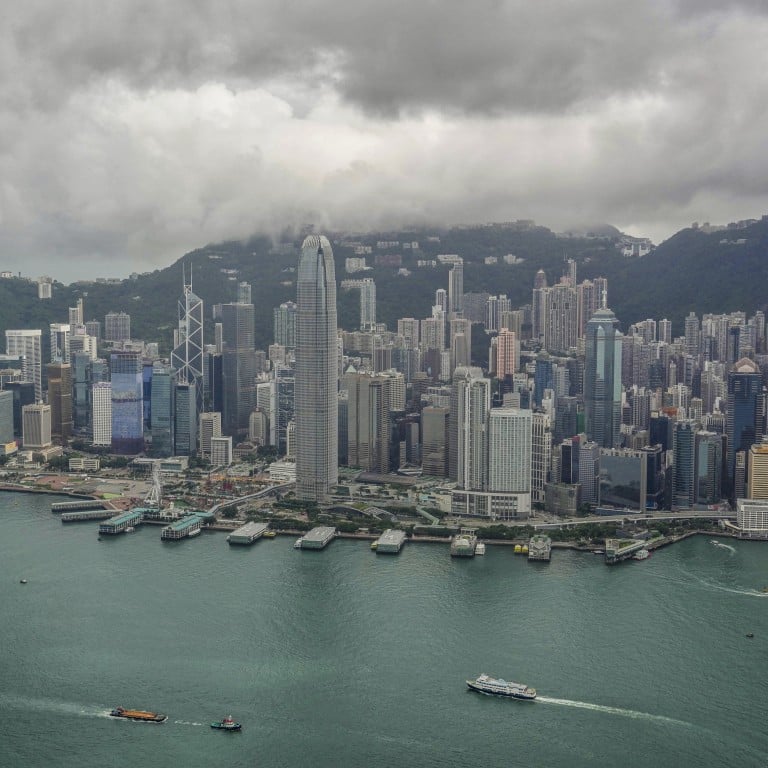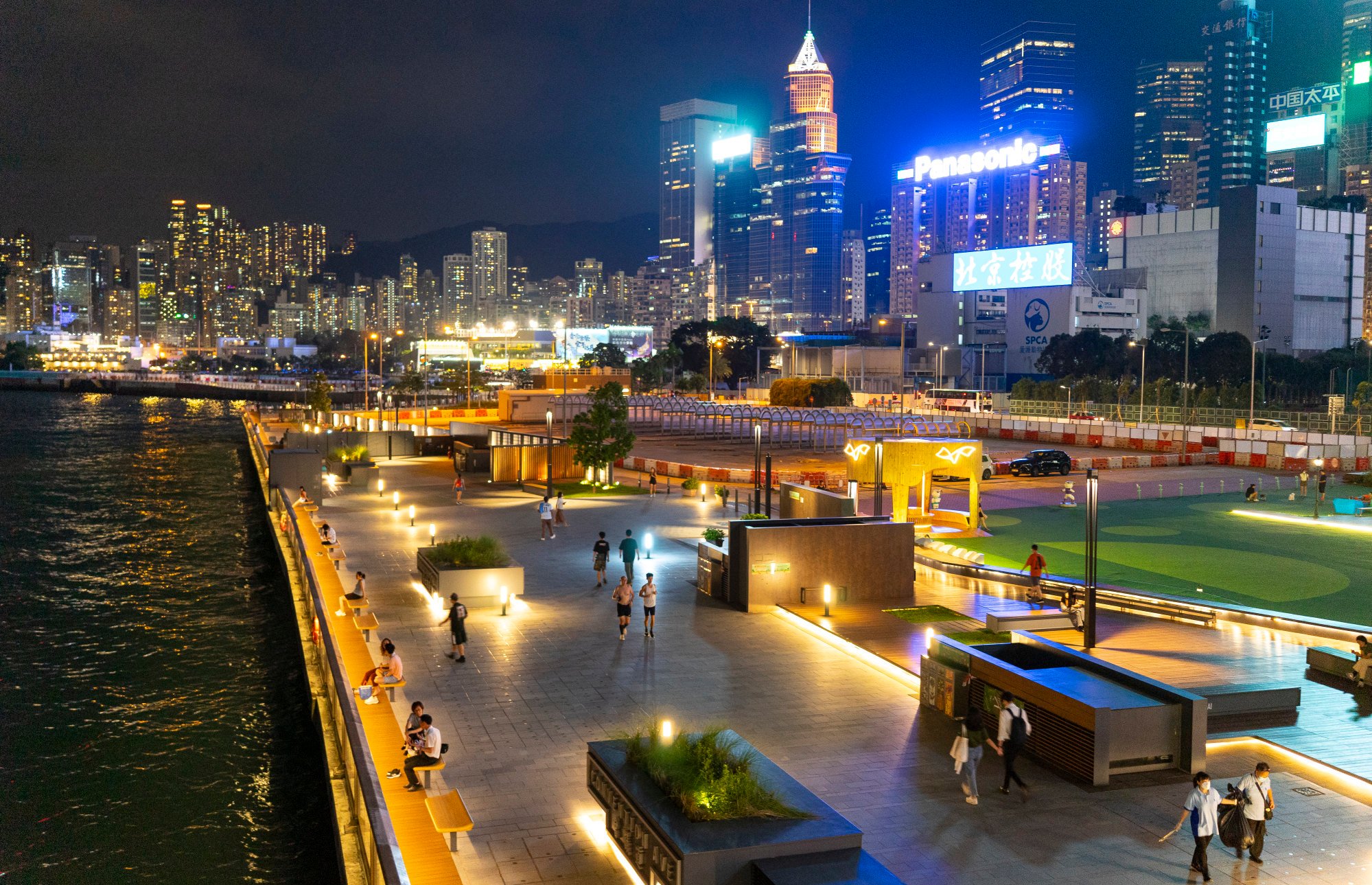
A premium destination, Hong Kong should aim high to revive its tourism and economy
- The slow recovery of Hong Kong’s tourism, as Hongkongers themselves flock north, is a cautionary tale about reliance on easy money
- While Hong Kong cannot possibly compete with mainland cities on price, it must strengthen and highlight its unique high-end attractions
The strong Hong Kong dollar, which is pegged to the greenback, has boosted Hongkongers’ purchasing power outside the city. Japanese tourism statistics show that Hong Kong tourist spending in Japan reached 200 billion yen (US$1.35 billion) in the first half of the year, 16.4 per cent above 2019 levels. Also, after Taiwan reopened in February, 514,000 Hong Kong tourists visited the island, reaching 70 per cent of pre-pandemic levels.
Immigration Department statistics show that in August, there were 6.24 million northbound crossings (including to Macau), versus 3.43 million southbound crossings. Even during Typhoon Soala and the “black” rainstorm, there were 100,000 trips north.
Since July, northbound travel has surged on Saturdays and long weekends. Over the July 1 long weekend, as many as 330,000 northbound crossings a day were recorded. Another crest came on August 19, with 326,000 crossings.
Hongkongers are drawn to the wide variety of Chinese cuisine, slick shopping malls and much cheaper retail prices in cities like Shenzhen and Zhuhai.
Hongkongers flock to Shenzhen where their dollar takes them further
With last month’s launch of an integrated dual-currency public transport card, which can be used in more than 300 Chinese mainland cities and is likely to be extended to Macau by year end, northbound travel might just become an unstoppable trend.

The reversal of fortune is a cautionary tale about reliance on easy money from a single source. It is a wake-up call for Hong Kong to diversify and work harder to achieve high-quality growth. The key lies in strengthening and highlighting Hong Kong’s unique advantages vis-à-vis mainland cities, and indeed other Asian cities. A closer look at Hong Kong reveals a cosmopolitan city with many unique attractions not on offer in mainland cities.
How Hong Kong can give the world reasons to fall back in love with it
The downturn in investment banking and other high-end professional and business services thus far this year, due to anaemic capital inflows, has dampened spending in high-end bars and restaurants. But office rental reductions are bringing tenants from new sectors, such as art galleries and exhibitions.
Hong Kong should not be daunted by the outflow of low-end consumers but should aim for the high end, by strengthening its MICE industry (meetings, incentives, conferences and exhibitions), and hosting more international sports and cultural events to lure visitors from all parts of the world. It’s high time Hong Kong woke up to the reality that the world does not owe us a living, and we will need to redouble our efforts to raise the bar.
Regina Ip Lau Suk-yee is convenor of the Executive Council, a lawmaker and chairwoman of the New People’s Party


